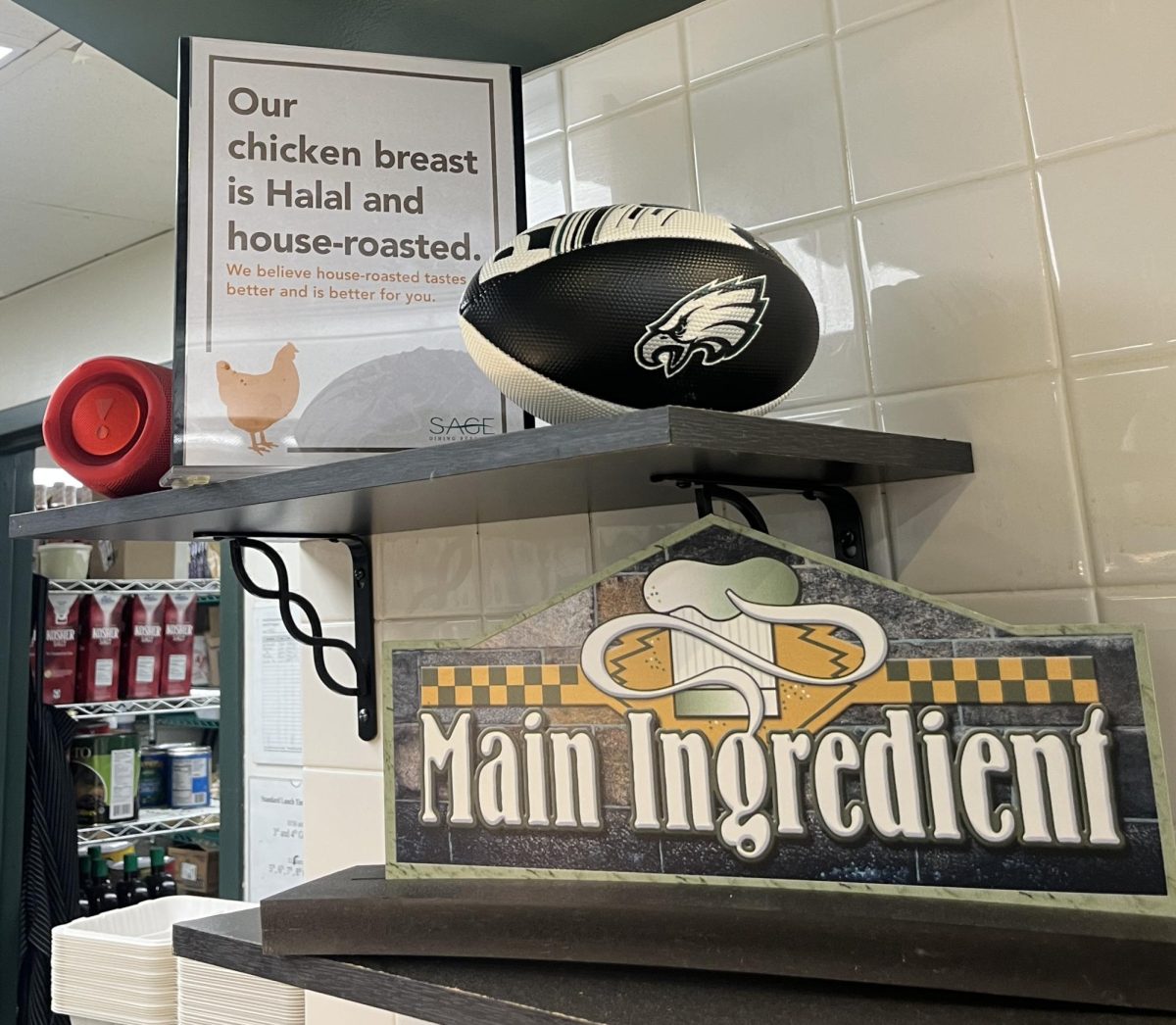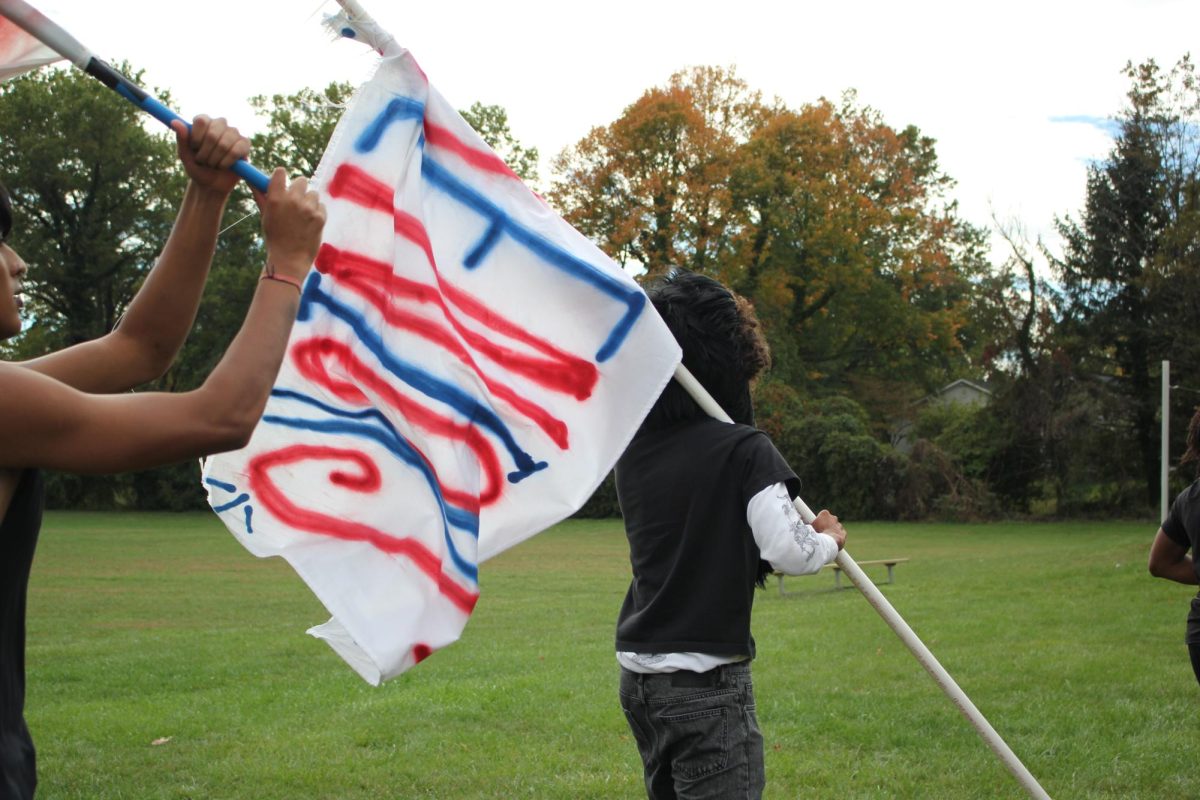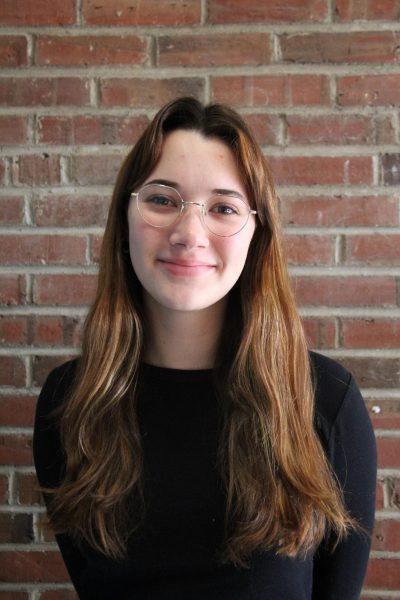Word is slowly spreading around the Upper School that SAGE Dining has been serving halal chicken since late last school year.
According to Head Chef Gabriel Csapo, SAGE Dining has been serving halal chicken since he arrived at the end of the school year last year. Csapo explained that he was asked by the Food Quality Control team — composed of the class secretaries of all four Upper School grades — if halal foods were consistently available during lunch. In response, SAGE began sourcing halal products that could be available year-round. As of right now, all breaded chickens are halal.
Halal, Arabic for “permissible” or legal, is a term used to describe actions, behaviors, or items that are acceptable under the teachings of Islam. In summary, in line with the expectations of Islam, halal foods do not contain ingredients like pork or alcohol, and meats must be processed/cut in a particular way to be recognized as halal.
Csapo clarified that the box labels of all halal products are available to students if anyone has questions, and additional labels are provided on meat products that are not halal.
Csapo said, “Our business is students,” and he “want[s] to give [students] choices” and to prioritize their requests to the best of his ability.
The SAGE Dining website emphasizes the importance of clear communication for students with dietary restrictions or allergies:
“Anyone with a food allergy or restriction can speak with the SAGE team so we can address your specific needs or concerns. Our Chefs prepare menus in advance. We encourage students with allergies and restrictions to review these ahead of time. Our Food Service Directors, along with the rest of our team, are happy to discuss each day’s menu, recipes, and ingredient lists.”
In response to this change, MSU co-leader Berra Deryal ’26 said, “I do think it’s a really good change for the community, and it sets a standard for other schools too.”
Deryal shared that when she used to play tennis, she would often not have time to eat breakfast and, due to a lack of halal options for lunch, would resort to eating bagels or carbs, which was “a big problem.”
MSU member Zahra Mammadova ’28 mentioned that she does not recall seeing signage or halal labels in the cafeteria, and brings lunch to school “because the dining hall [didn’t] have that many halal options.” Having heard from WordsWorth (who spoke to SAGE) that the chicken is halal, she said that she will “probably start buying from the dining hall a lot more.”
Arianna Binder-Bulatov ’26 is not a member of MSU and was unaware of the broader range of options.
“I definitely think that there could have been a better job [advertising the change] … if people don’t know about the change, they can’t or might not eat [the chicken] even though it is halal,” Binder-Bulatov commented.
Still, Binder-Bulatov expressed her appreciation of SAGE Dining’s inclusive changes and their accommodations for those with dietary restrictions.
“I think that it’s a good change, and I think that they could implement [these kinds of changes] more because I’ve seen different schools where there [are] full sections with just a halal course, and then a kosher course,” Binder-Bulatov continued. “But I think it’s definitely a step in the right direction,” she concluded.
Csapo said that all accommodations are made based on the student population and needs. For example, MFS asked SAGE to stop carrying plastic water bottles, so they did. Similarly, SAGE Dining prioritizes serving more kosher foods in schools that have more Jewish students. Csapo clarified that SAGE could make similar changes at MFS upon request, saying, “I’ll serve whatever you guys ask — I would love to do that.”







